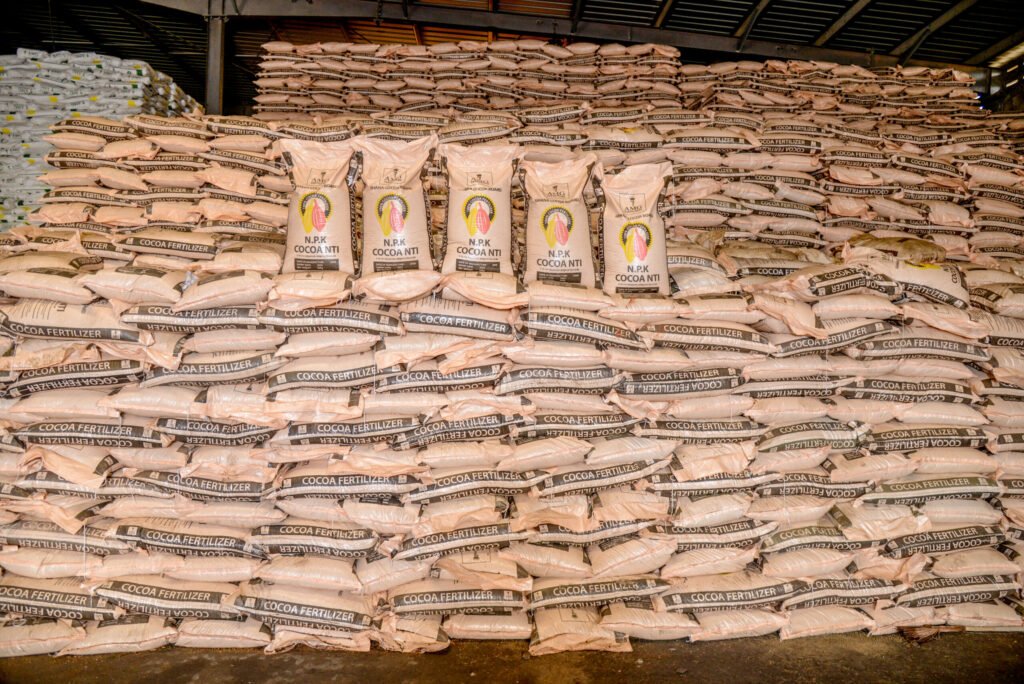It is estimated that smallholder farmers produce more than 90 percent of the food consumed in Ghana. Including Local staples include cassava, maize, millet, rice, millet, yams, and rice.
The country imports almost all of the fertilisers needed to boost the yields of these crops and enhance food security. Charles Nyaaba, the executive director of the Peasant Farmers Association of Ghana (PFAG), described the fertiliser situation in the country as unstable since 2020, attributing the problem to the global supply chain disruptions due to Covid-19, the Russia-Ukraine crisis, and the shrinking government subsidies. “Fertiliser prices have increased more than 100 percent since 2020, and that has made it difficult for most peasant farmers buy,” Nyaaba said.
“The government has also reduced the subsidy component in the price of fertilisers. The decline started from 2019. The subsidy reduced from 50 percent in 2017 to 36 percent in 2020 and decreased further to 15 percent in 2022. For us in PFAG, we expected that since governments around the globe were supporting their farmers, making it possible for them to get flexible credit, and also increasing farm input subsidy, ours would also take the cue.
Unfortunately, it is the reverse.” Nyaaba said some fertilizer blending companies also took advantage of the supply chain bottlenecks to produce poor quality fertilisers. “Many farmers who bought such fertilisers do not get the desired results in crop yields,” he said.
The difficulty accessing fertilisers has compelled some farmers to grow their crops without using the farm input, while others have reduced their farm sizes. Still others Nyaaba said stopped farming altogether or switched from cultivating crops that require so much fertiliser to those that do not.

